
Vietnamese-American fashion designer breaks Asian male stereotypes of being ‘nerdy, shy, effeminate’ with new menswear brand Lu’u Dan
- Hung La says his label Lu’u Dan focuses on the strength of Asian masculinity, its name the Vietnamese for a dangerous man who’s ‘a little sleazy and gangster’
- It’s a big departure from his previous work with luxury labels, which he realised catered to a clientele that didn’t resonate with the world at large or himself
At the height of the coronavirus pandemic in the summer of 2020, while the US was mired in a series of anti-racism protests ignited by the killing of George Floyd, the African-American man murdered by a police officer in Minneapolis, fashion designer Hung La started to ask himself questions about his Asian-American identity.
Amid all the talk about race, identity and minority cultures going on at the time, he had “this yearning to reconnect with my roots”, he says in a recent interview from London.
“Growing up in the US [in a suburb of Washington], there was a very predominantly white culture or even black culture that you had to identify with because there was no Asian representation and for me there was a lot of internalised racism. As a first-generation Asian-American, I didn’t want to be Asian and had no role models or images to represent Asian masculinity. They were very feminine or the kung fu guy.”
That revelation came to him thanks to his meditation practice, making him realise that throughout his career – both at Kwaidan Editions and previously at Balenciaga under Nicolas Ghesquière, and Céline under Phoebe Philo – his work had been based on exclusivity and catered to a clientele of well-heeled women who did not exactly resonate with the world at large, and most importantly, himself.
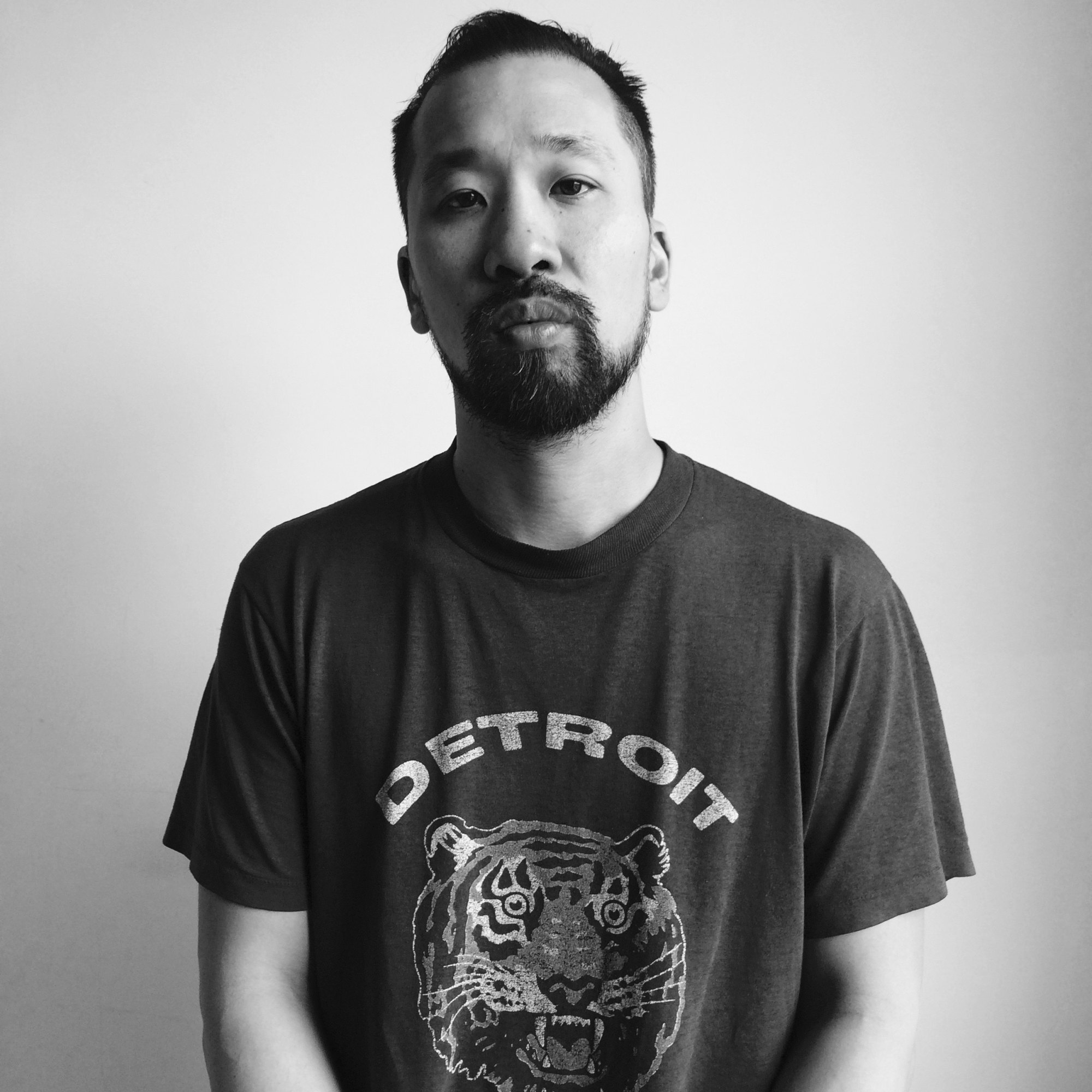
These reflections were the starting point for La’s first foray into menswear: Lu’u Dan, a brand that has many rich autobiographical elements and ushers in a novel idea of Asian masculinity.
“I really wanted to talk about Asian stories with depth, and focus on attitude and strength. One of the models I want to break is the nerdy, shy, effeminate Asian man, because there’s a lot of strength in Asian masculinity. The West needs to be introduced to that in a meaningful way so that people realise that there are very interesting stories, and Asian creators, around the world, and hopefully the brand will magnify this.”
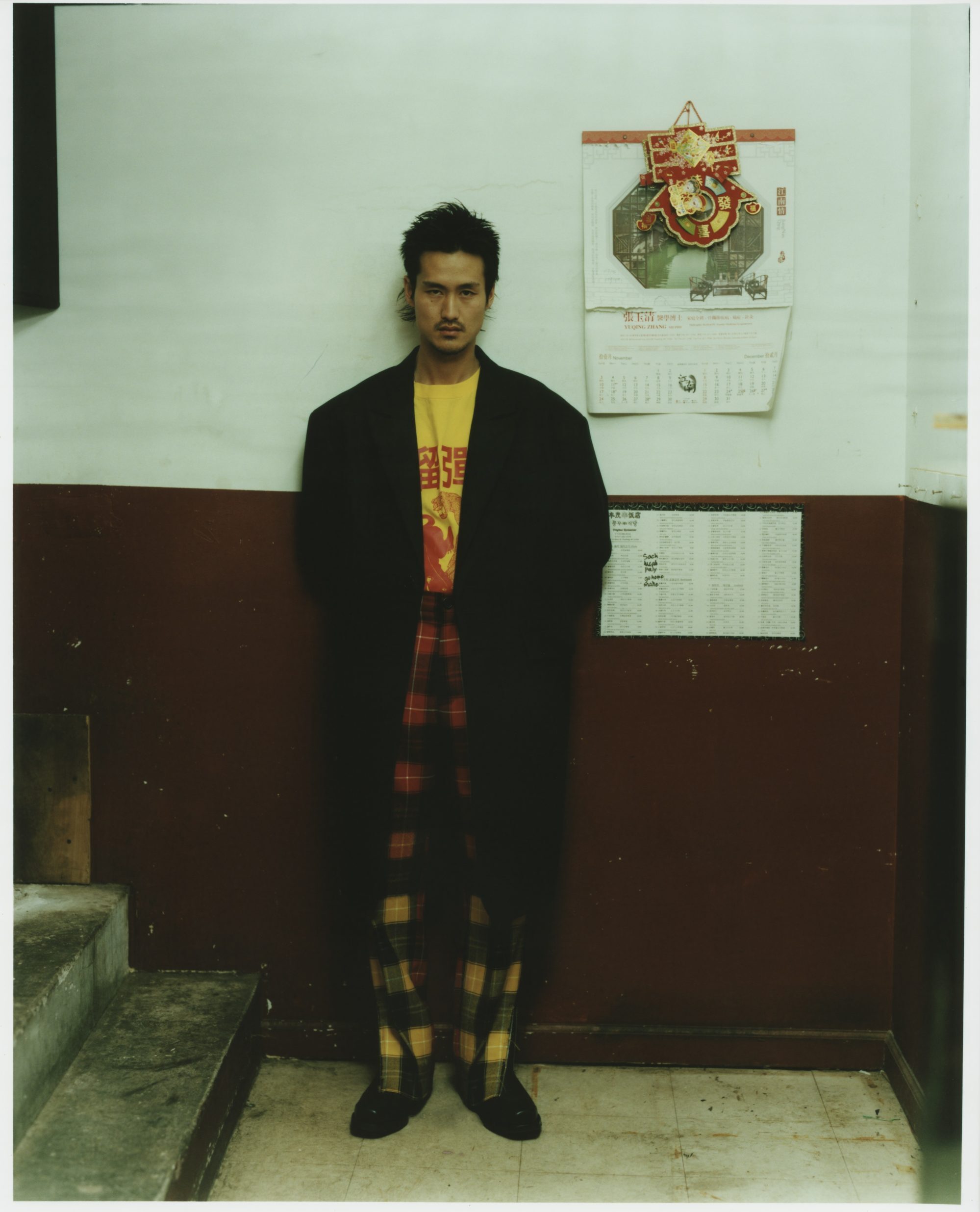
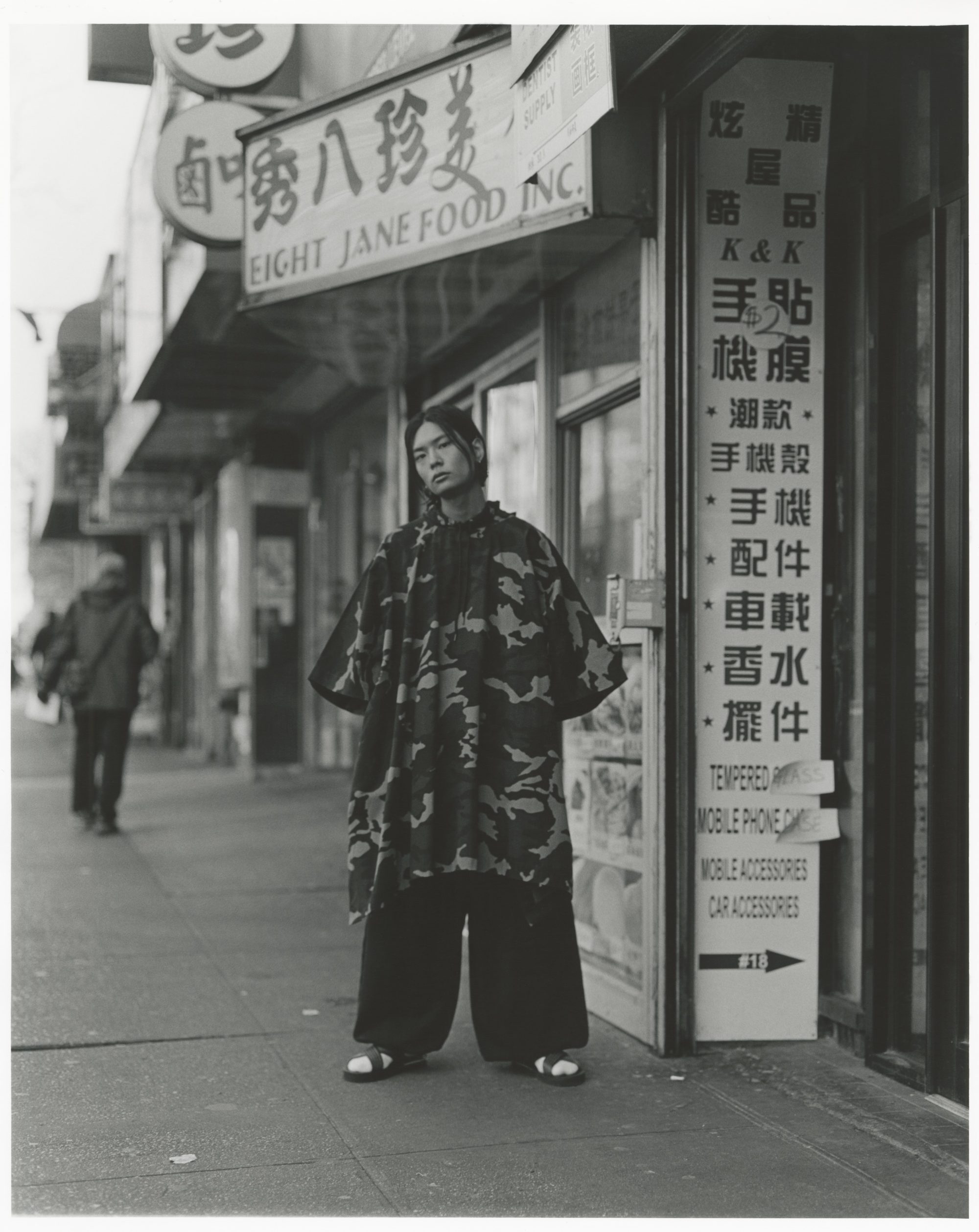
La, who is of Vietnamese descent, explains that the name Lu’u Dan is a Vietnamese saying that he learned from his father. It literally means “pomegranate bullet” and refers to a dangerous man, “a little sleazy and gangster, someone who likes to gamble”.
“It’s this Asian bad boy and an attitude that is different from hip hop culture or white trash and very specific to Asian men,” he says.
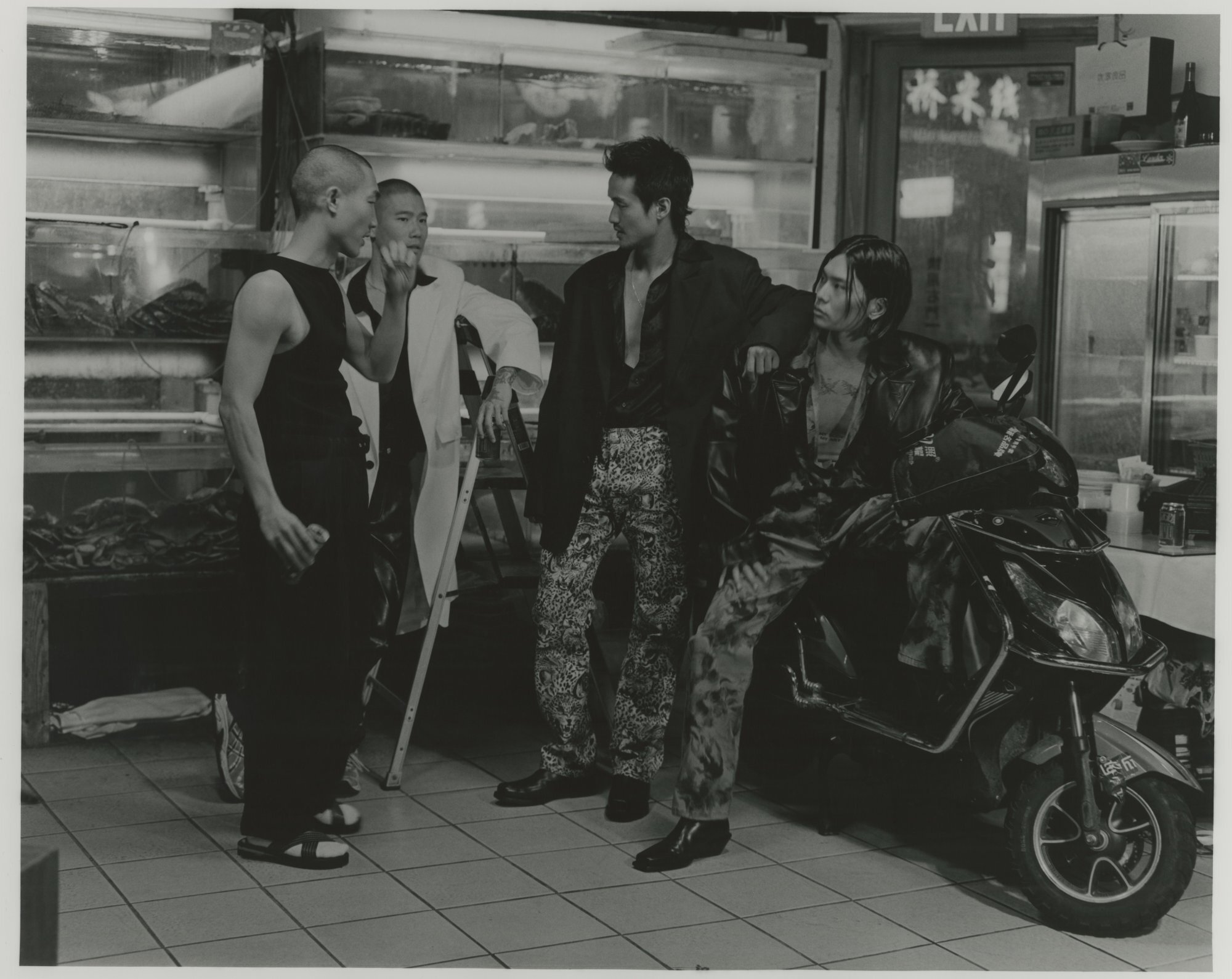

The clothes exude a streetwear-inflected tough masculinity but there’s also a vulnerability to them. La singles out a flower print on a short-sleeved shirt that is actually a painting done by his grandmother.
The brand has been more than a year in the making and is a departure from Kwaidan Editions, which sits in the rarefied realm of high-end luxury.
“Lu’u Dan is more accessible and there’s more of an admission of connecting and belonging to a tribe and a focus on Asian identity,” says La, adding that while he wants people from every race and gender to embrace the clothes, he designed them with Asian men in mind, from fit to proportions and aesthetic.
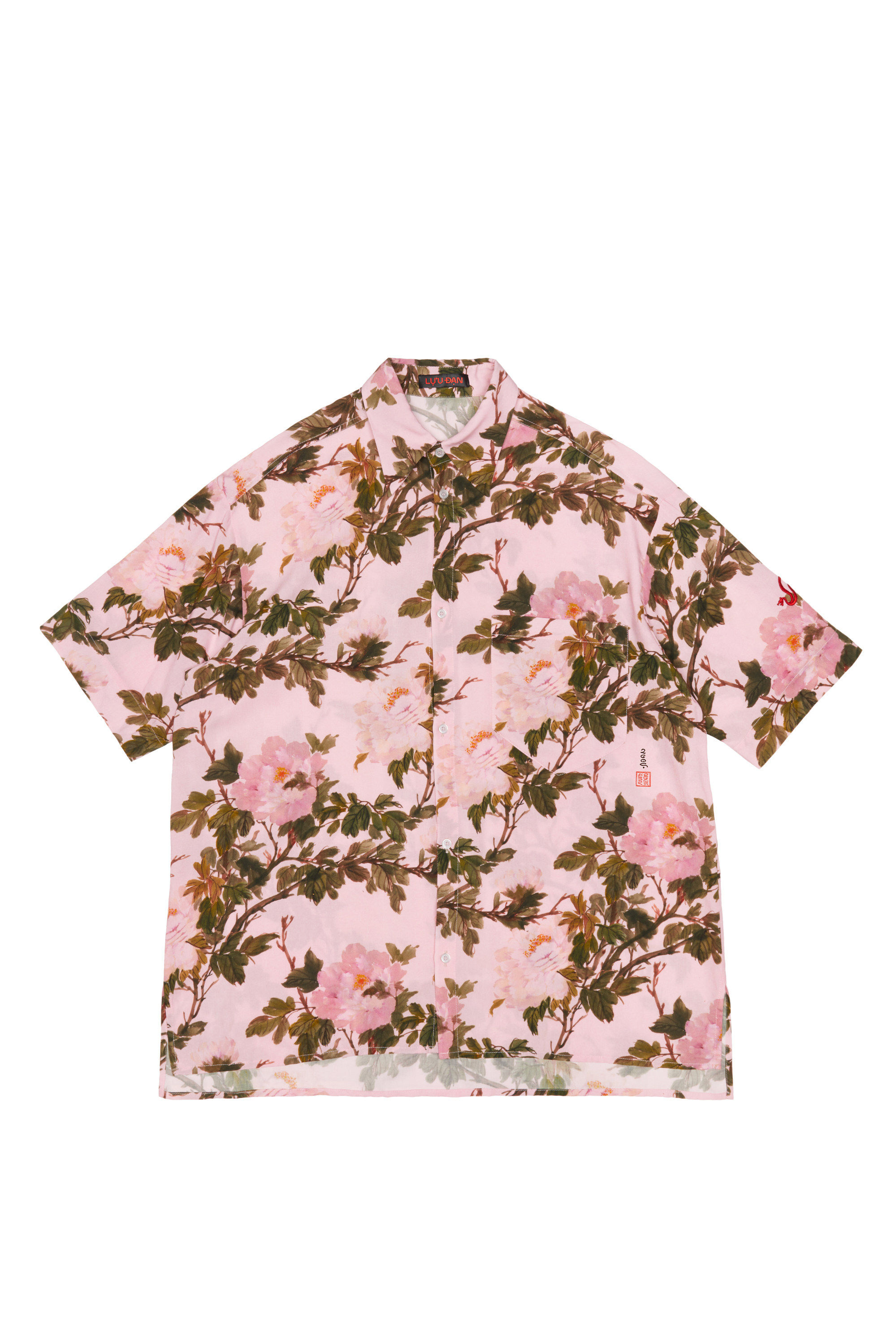
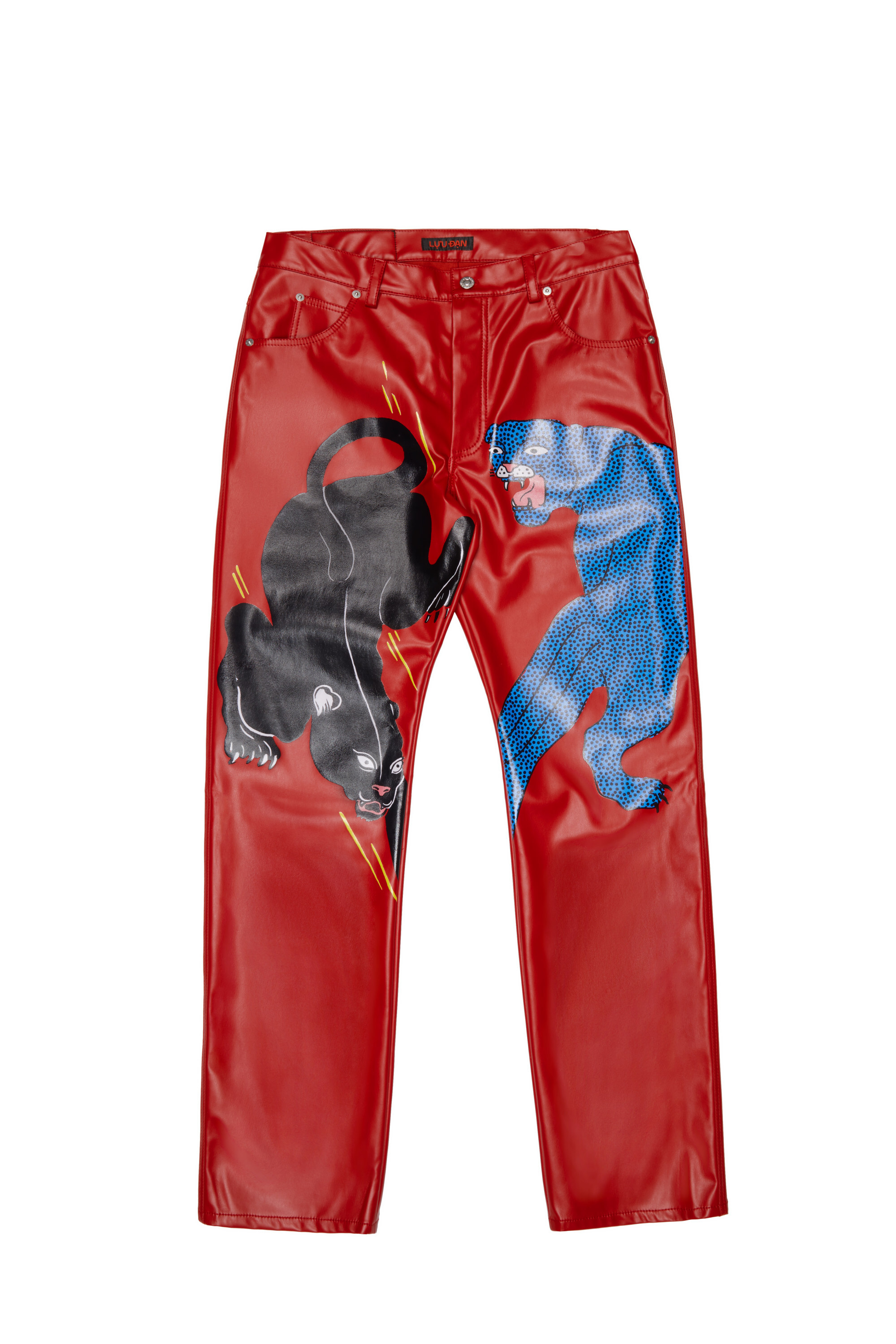
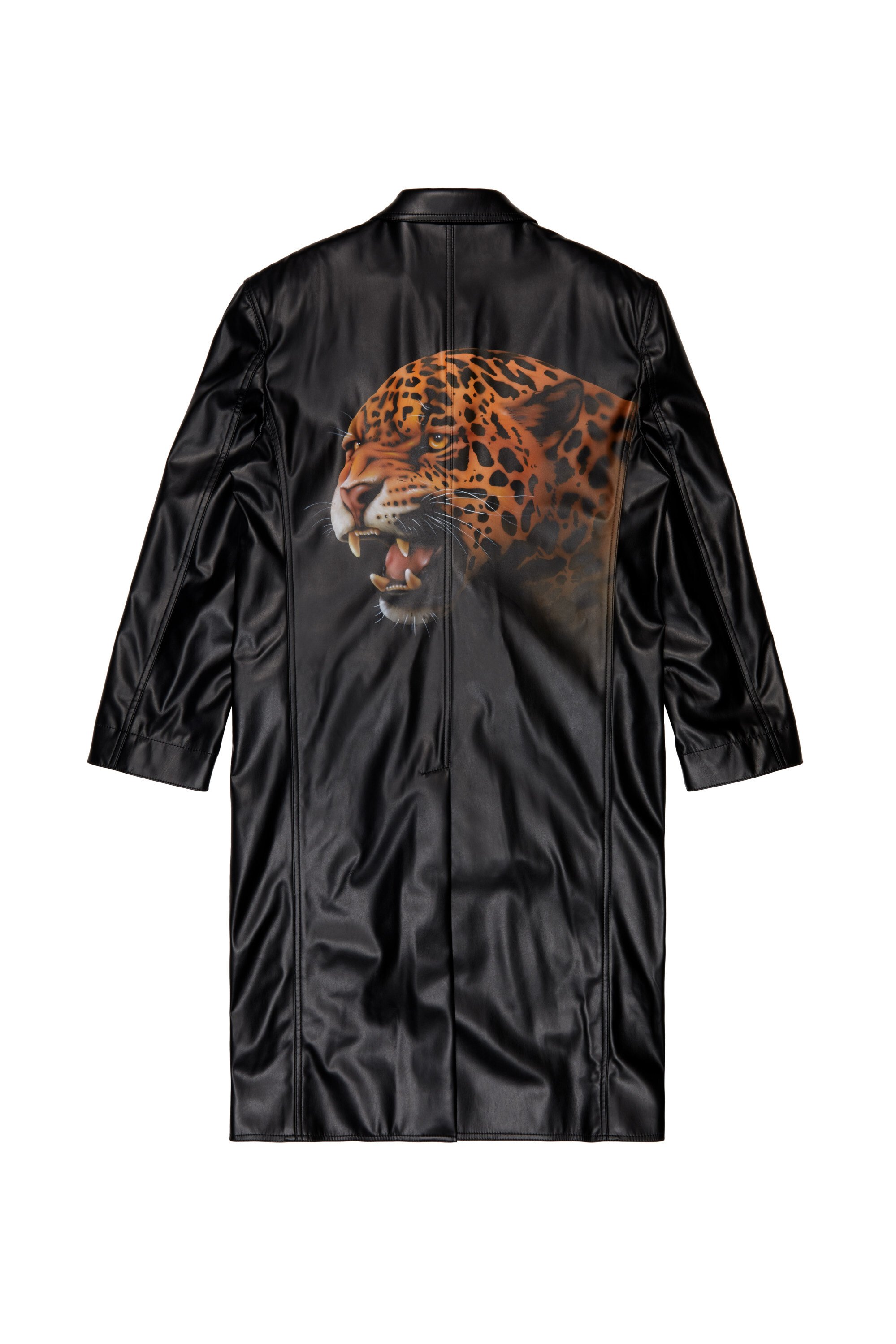
Every single detail in the range is extremely well thought out and has a story behind it. The feline prints, for instance – some of them airbrushed on leather separates – are meant to represent the idea of a caged tiger breaking free, a feeling that La believes many Asian-American men can relate to.
“There’s an animal nature to the brand and a primitive idea, an animal rawness that we have in all of us, so it speaks to being trapped inside and how people put you in boxes and you try to break free.”
La agrees that his brand is a unique proposition in the menswear market, which is currently dominated by luxury powerhouses and streetwear labels catering to young Gen Z shoppers eagerly awaiting the next drop, but he believes that young consumers are also attracted to labels that speak to them in a deeper way.
“This generation really buys according to their values, whether it’s sustainability, identity issues, transgender or gay rights,” he says. “They really want to identify and say, ‘This represents who I am and I’m proud to celebrate that,’ and a lot of designers of this generation are tapping into that. People feel a sense of identification.”
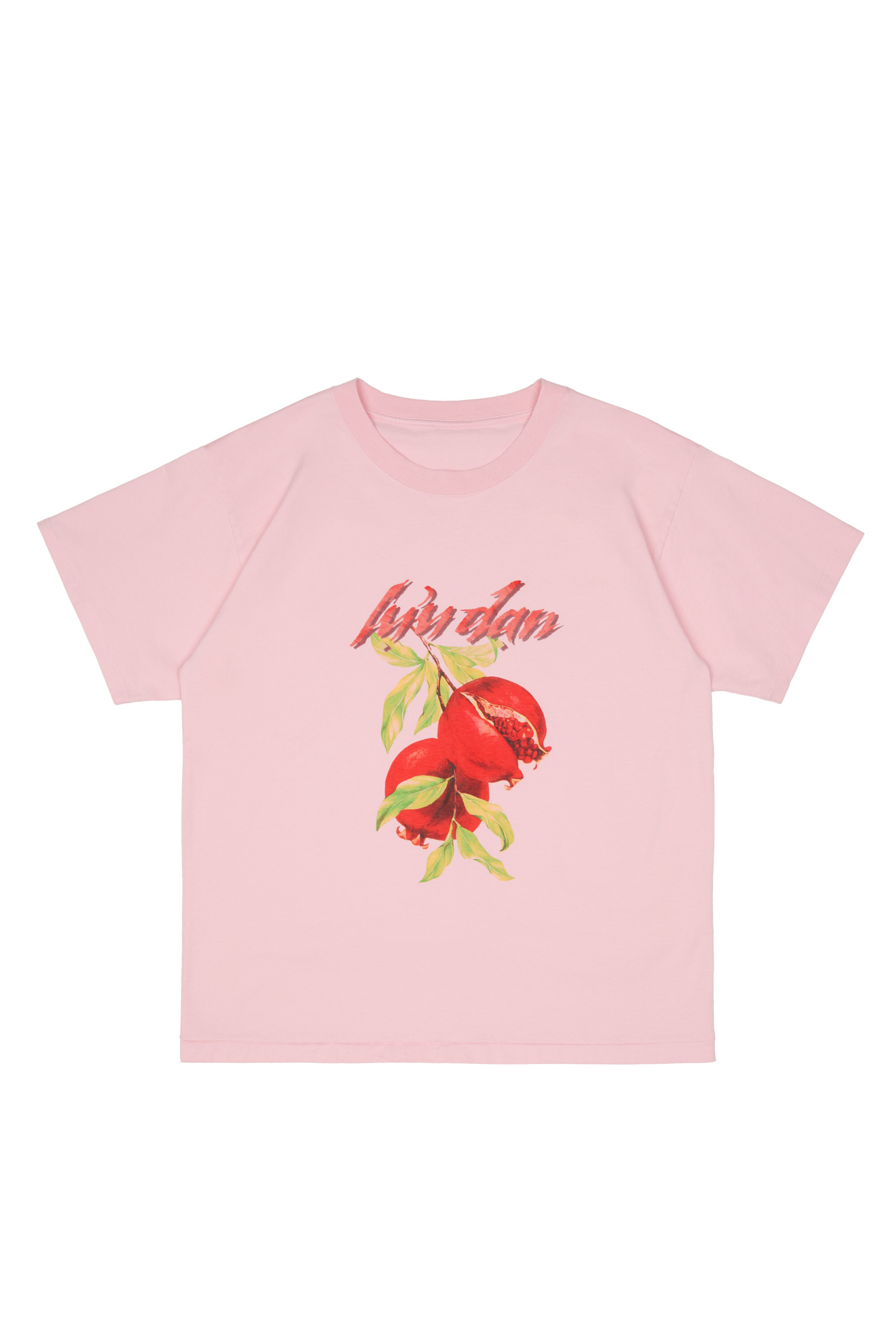
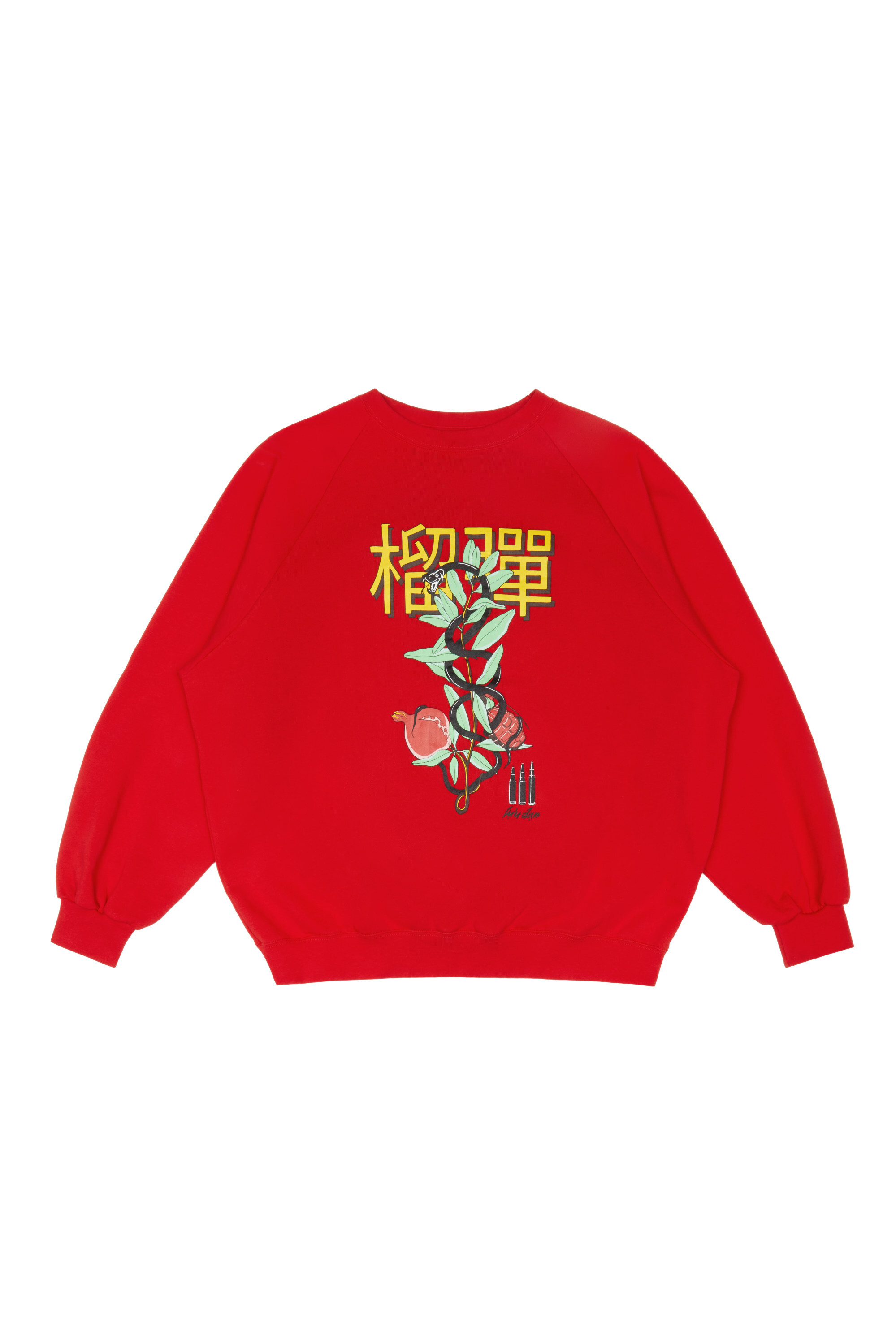
La, who worked with an entirely Asian crew for the striking campaign images shot in the Asian-American enclave of Flushing in Queens, New York, is planning to start a series of city tours with Asian creatives featuring discussions about creativity and identity, in key cities such as New York, London and eventually in Asia, too.
“Ten years ago brands didn’t have to create media, just a campaign and a lookbook, but now with social [media] demands you have to find [ways to connect],” he says.
As the founder of an independent label, and now two, La believes that building a strong identity as a brand is paramount to stand out in such a crowded market. Like with Kwaidan Editions, which he says has become even more laser-focused on honing its strong DNA during the pandemic, he’s taking a measured approach with Lu’u Dan, launching exclusively on online luxury retailer Ssense and eventually opening other wholesale accounts.
2022 is the year of the tiger print, but how to wear it? Experts explain
He has found a niche that has long been neglected by the industry, and has made it a mission to use fashion to do more than just churn out clothes.
“I needed to speak out,” he says. “This man didn’t exist in a meaningful way. It’s a demographic that includes myself, very autobiographical. I wear the clothes.”

